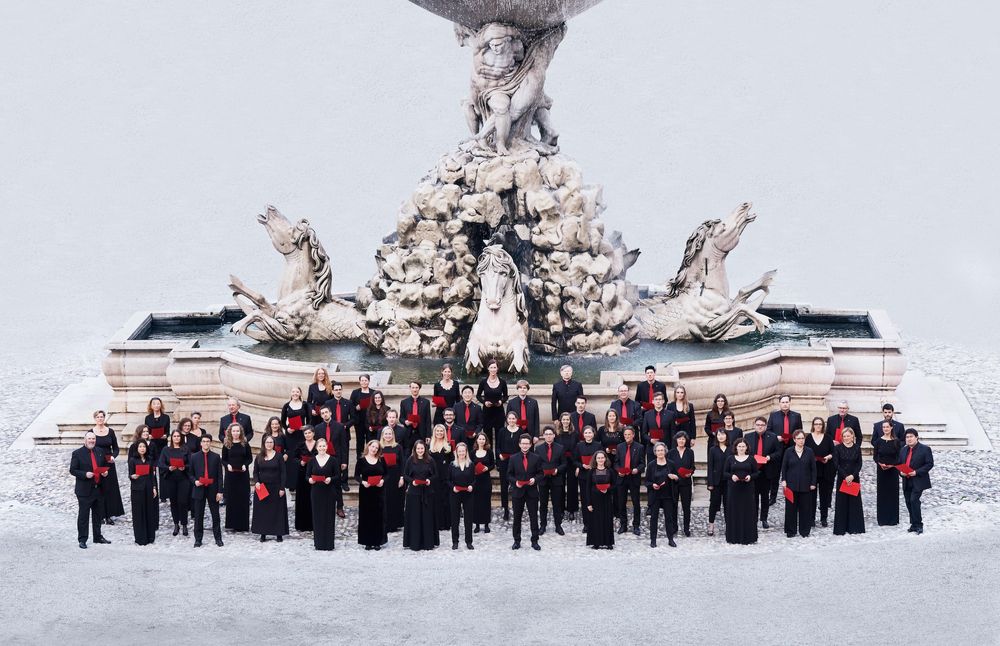Other Organiser
Chorage® #2
A Radiant Dawn
Dates
Email contact:

Andreas Hechenberger
Performers
- Bachchor Salzburg
- Lead: Michael Schneider
- Stephan Pollhammer (Organ)
Programme
James MacMillan (*1959)
O Radiant Dawn
Eric William Barnum (*1979)
Dawn
Morten Lauridsen (*1943)
O Nata Lux
Benjamin Britten (1913–1976)
Rejoice in the Lamb
James MacMillan
A New Song
Gustav Mahler (1860–1911)
Urlicht
Anna Thorvaldsdóttir (*1977)
Heyr þú oss himnum á
Max Reger (1873–1916)
Choralphantasie „Wie schön leucht't uns der Morgenstern“ op. 40,1
György Ligeti (1923–2006)
Lux aeterna
Edward Elgar (1857–1934)
Nimrod (Lux Aeterna)
Version für gemischten Chor und Orgel von David Hill
With a programme put together by its new artistic director Michael Schneider, the Bach Choir is setting a sonorous, harmonious sign of the radiance of life and art, in which mankind dedicates itself again and again to the all-illuminating dawn in many facets.
In the antiphon ‘O Radiant Dawn’, which provides the motto for this Chorage programme, the Scottish composer James MacMillan moves from the delicate breath of a ray of light to the rich spectrum of colours of the ever-awakening morning. In MacMillan's ‘A New Song’, in turn, a setting of the 96th Psalm, the choral voices singing a new day to the Lord build up over a continuous organ point, which probably expresses the life-giving foundation of the earth, where the ‘primeval light’ dwells (heard in Mahler's setting). Organist Stephan Pollhammer unfolds the splendour of the dawn with Reger's powerful choral fantasia on the morning star.
In 1943, in the midst of the darkest time of our world, the Second World War, Benjamin Britten composed a paean to creation based on the poem ‘Jubilate Agno’ (‘Rejoice the lamb’) by the Anglican poet Christopher Smart, to which all living creatures, from mice to lions, owe their existence. In György Ligeti's ‘Lux aeterna’, 16 choral voices step into the light and into a universal sound space by swarming micropolyphonically into fields, reaching cluster mists and from there merging into luminous world harmonies. Ligeti's song of light lifts the (sound) light into the spherical - no wonder Stanley Kubrick chose this music for his film ‘2001: A Space Odyssey’.
And at the end of the concert, circling melodies emerge from ‘Nimrod’, from the eternal void, which unite to form an infinitely beautiful song: The Bach Choir will sing a choral arrangement of the variation ‘Nimrod’ from Edward Elgar's orchestral ‘Enigma Variations’, one of the most marvellous compositions that make the transition from darkness to light audible.